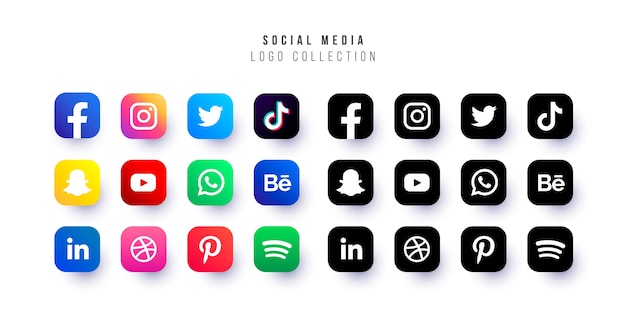The United States Vivek Murthy, the surgeon general, suggested that, like tobacco products, social media should come with a warning about the potential dangers it poses to users. His call came amid a vigorous national debate about social media’s role in the reported nationwide decline in mental health among young people.


Murthy’s concern that social media platforms like Instagram and TikTok pose risks to individual well-being (particularly among youth) is shared by many. However, some people are skeptical. In the meantime, others discuss threats to national security. Regardless of who is right, we wouldn’t be having this heated national conversation about appropriate responses to social media platforms if it were not for their appeal. Why is the social media experience so captivating to us? As biologists who have used and studied social media for many years, we see an answer in the evolution history of our species. Over the past few millennia, humans have developed the technologies we need to fulfill our evolved desires. Climate-controlled homes shelter us from wind, rain and snow. Our aches and pains are alleviated by medications. We evolved to crave foods high in fat and sugar in a world where there were few calories. Now we walk a daily gauntlet through junk food aisles and face an epidemic of opioid misuse. We’ve mastered our environment so well that we poison ourselves with too much good stuff. Something similar is happening with information. We are, after all, a species of information foragers. We spend our entire lives learning about and gaining control over our environment. Individually, we forage, observing patterns, experimenting, identifying opportunities and threats, and putting our mental predictions to the test. We also forage together, copying and observing one another, teaching our children and peers, exchanging observations, gossiping, and attempting to comprehend the world as a whole. Information was scarce in the past. However, we have transformed the Internet into a direct pipeline that provides an endless supply of information over the past 30 years. And yet, despite unlimited access to the most powerful information retrieval system ever created, we spend much of our time engaging with fluff at best and disinformation at worst.
We evolved to interact with groups of no more than a few hundred people and explore our physical environment as we foraged for information in naturalistic settings. Our habits and heuristics work well in those settings. Today, however, we hunt in intricate digital environments, aided by some of the most advanced technologies ever developed and connected to networks that include millions of people.








